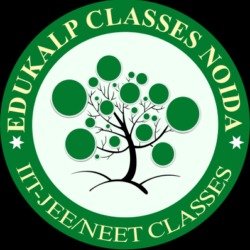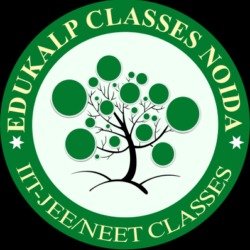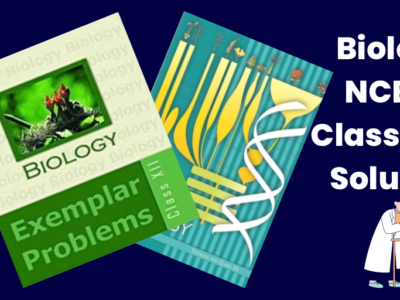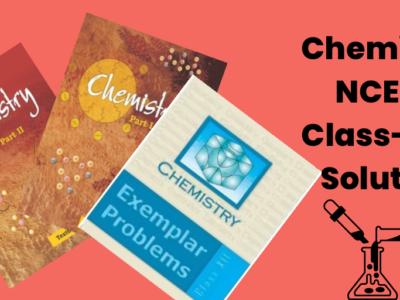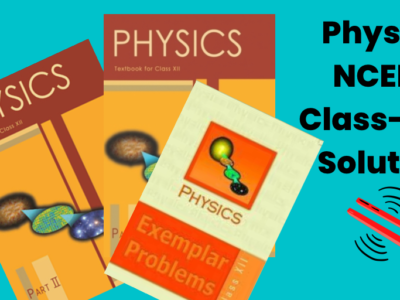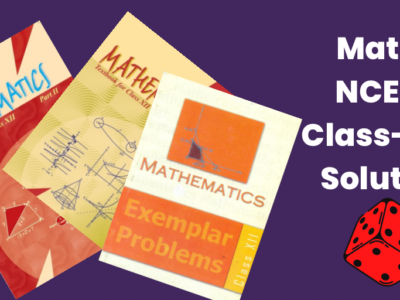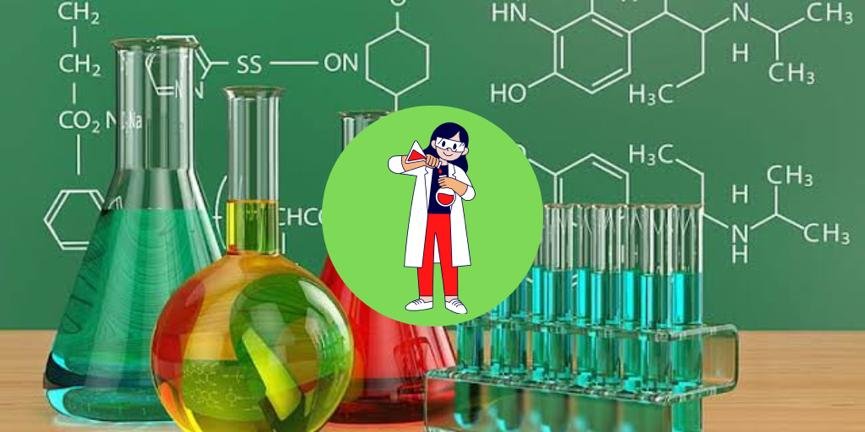Class 11 CHEMISTRY
To access the course: Login → Select the course → Click on Start Now (at the bottom) Watch the video to access the courses – video link “Prepare comprehensively for CBSE Class 11 Chemistry exams with top-class resources encompassing notes, …
Curriculum
- 15 Sections
- 97 Lessons
- 52 Weeks
- CHAPTER :1. Some Basic Concepts of Chemistry6
- CHAPTER :2.Structure of Atom9
- 2.01 Subatomic Particles Discovery and Characteristics
- 2.12 Thomsons Atomic Model, Rutherfords Atomic Model, Drawbacks of Rutherfords Model, Atomic Number, Isobars and Isotopes
- 2.23 Wave Nature of EM Radiation, Particle Nature of EM Radiation, Dual Behaviour of EM Radiation
- 2.34 Atomic Spectra
- 2.45 Bohr_s Model for Hydrogen Atom
- 2.56 Dual Behaviour of Matter _ Heisenbergs Uncertainty Principle
- 2.67 Quantum Mechanical Model of Atom
- 2.78 Shapes of Atomic Orbitals_ Energies of Atomic Orbitals
- 2.89 Filling of Orbitals in Atom _ Electronic Configuration of Atoms
- CHAPTER :3. Classification of Elements and Periodicity in Properties4
- CHAPTER :4. Chemical Bonding and Molecular Structure7
- CHAPTER :5. Thermodynamics9
- 5.01 Thermodynamic Terms – System and Surroundings, Types of System
- 5.12 Internal Energy as a State Function
- 5.23 Applications – Work
- 5.34 Enthalpy as State Function, Extensive and Intensive Properties, Heat Capacity
- 5.45 Calorimetry
- 5.56 Enthalpy Changes in Various Processes
- 5.67 Enthalpies for Different Types of Reactions
- 5.78 Spontaneity _ Entropy
- 5.89 GIBBS FREE ENERGY
- CHAPTER :6. Equilibrium12
- 6.01 Equilibrium in Physical Processes
- 6.12 Equilibrium in Chemical Processes Dynamic Equilibrium
- 6.23 Types of Chemical Equilibria
- 6.34 Applications of Equilibrium Constant
- 6.45 Factors Affecting Equilibria
- 6.56 Ionic Equilibrium in Solution
- 6.67 Ionisation of Acids and Bases
- 6.78 The pH Scale
- 6.89 Ionization Constants of Weak Acids
- 6.910 Di- and Polybasic Acids, and Di- and Polyacidic Bases, Factors Affecting Acid Strength, Common Ion Effect
- 6.1011 Hydrolysis of Salts and pH of Their Solutions
- 6.1112 Solubility Equilibria of Sparingly Soluble Salts
- CHAPTER :7. Redox Reactions5
- CHAPTER :8. Organic Chemistry Some Basic Principles and Techniques10
- 8.01 Organic Compounds – Shapes and Structures
- 8.12 Classification of Organic Compounds
- 8.23 IUPAC (International Union of Pure and Applied Chemistry) System of Nomenclature of Organic Compounds
- 8.34 Isomerism in Organic Compounds _ Reaction Mechanism
- 8.45 Electron Movement, Electron Displacement Effects in Organic Compounds
- 8.56 Resonance Structure, Resonance Effect, Electromeric Effect, and Hyperconjugation
- 8.67 Methods of Purification of Organic Compounds
- 8.78 Qualitative Analysis of Compounds
- 8.89 Quantitative Analysis – Carbon and Hydrogen_ Nitrogen
- 8.910 Quantitative Analysis Halogens, Sulphur, Phosphorus and Oxygen
- CHAPTER :9. Hydrocarbons7
- chpter below are not in syllabus0
- CHAPTER :States of Matter-Old Syllabus8
- CHAPTER :Hydrogen-Old Syllabus5
- CHAPTER :The p-block Element-Old Syllabus5
- 13.01 The Boron Family _ Its Physical and Chemical Properties
- 13.12 Anomalous Properties of Boron and Some Important Compounds of Boron
- 13.23 The Carbon Family _ Its Physical and Chemical Properties
- 13.34 Anomalous Behaviour of Carbon _ Allotropes of Carbon
- 13.45 Some Important Compounds of Carbon and Silicon
- CHAPTER : The s-block Element-Old Syllabus6
- CHAPTER : Environmental Chemistry-Old Syllabus4
Overview
To access the course:
Login → Select the course → Click on Start Now (at the bottom)
Watch the video to access the courses – video link
“Prepare comprehensively for CBSE Class 11 Chemistry exams with top-class resources encompassing notes, assignments, quizzes, and tests. Explore fundamental concepts in organic, inorganic, and physical chemistry with our meticulously crafted study materials. Strengthen your exam readiness and deepen your understanding of essential concepts using our specifically curated resources. Access our CBSE Class 11 Chemistry board exam-focused materials for thorough study and success in the crucial board examinations.”

